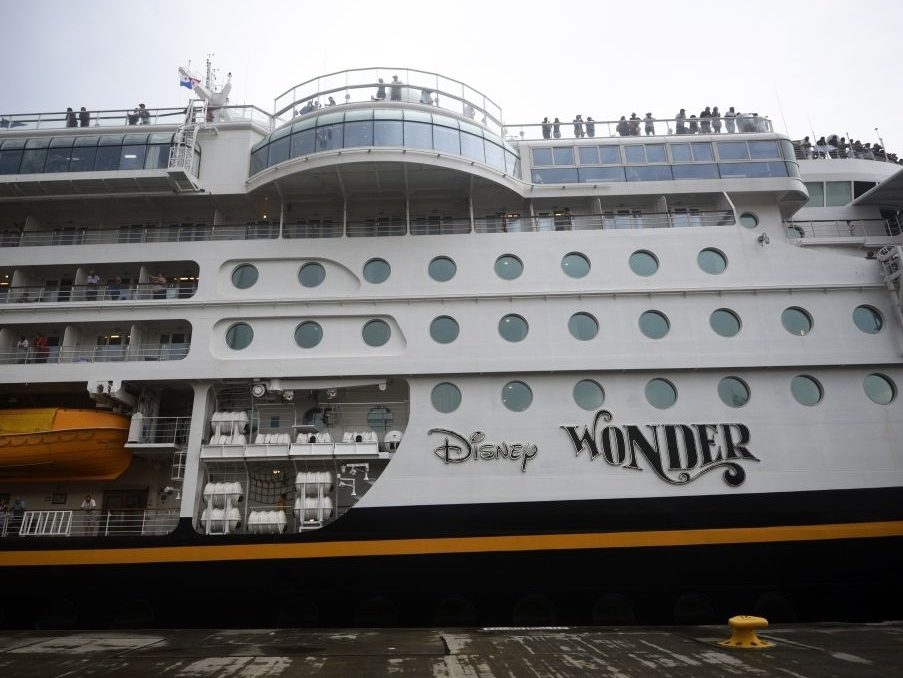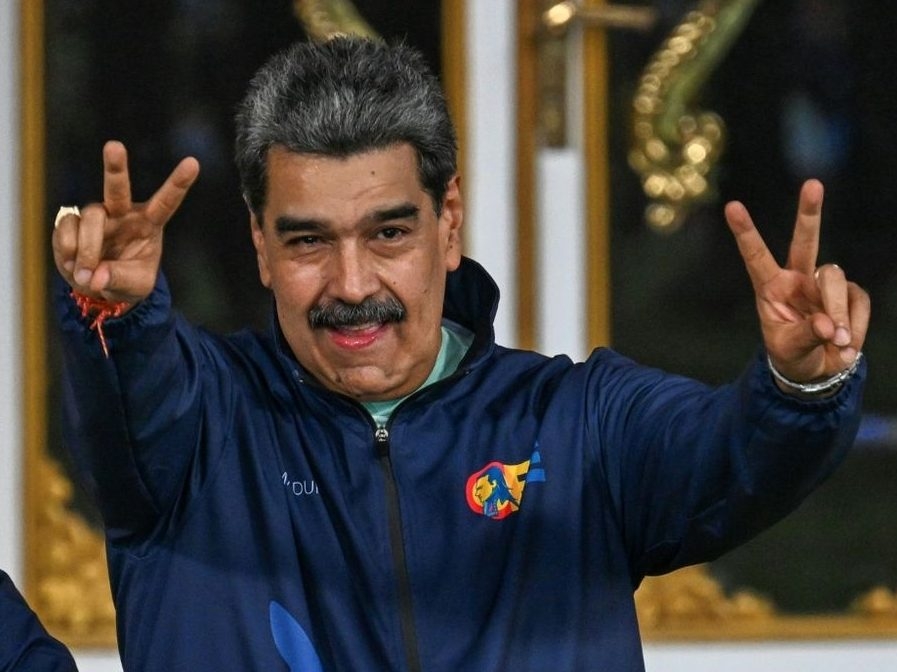A sudden wave of flight cancellations has stranded travelers and dramatically altered access to Venezuela, triggered by a stark warning from U.S. aviation authorities. The disruptions began Saturday, with major airlines scrambling to adjust schedules and leaving passengers facing uncertainty.
Brazil’s Gol, Colombia’s Avianca, and TAP Air Portugal were among the first to pull flights from Caracas, a move swiftly followed by others extending into Monday. The ripple effect reached across the Atlantic, impacting travel plans in the U.K. and throughout Europe.
The catalyst was a U.S. Federal Aviation Administration (FAA) advisory, issued November 22nd, cautioning airlines about the “potentially hazardous situation” in Venezuelan airspace. The FAA urged extreme caution for any aircraft operating in or above the country.
This advisory coincided with a significant escalation of pressure from the U.S. government on the Maduro regime, including the designation of a powerful Venezuelan group – known as the Cartel de los Soles – as a foreign terrorist organization. The move signals a hardening stance against illicit activities originating within Venezuela.
TAP Air Portugal explicitly cited the U.S. safety advisories as the reason for its flight cancellations, stating that guaranteeing passenger safety could no longer be assured. Spain’s Iberia followed suit, suspending flights to Caracas “until further notice,” though some services continued briefly.
While some airlines, like Copa and Wingo, maintained operations, others like LATAM were forced to cancel specific routes, such as a Sunday flight from Bogotá. The situation created a patchwork of availability and left travelers scrambling for alternatives.
The U.S. government’s actions extend beyond aviation warnings and sanctions. A heightened military presence is now visible across the Caribbean, with bombers, warships, and Marines deployed as part of a broader campaign targeting drug trafficking and related operations.
The Cartel de los Soles, translating to “Cartel of the Suns,” is a deeply entrenched network of Venezuelan government and military officials implicated in large-scale drug trafficking. Officials allege the group is responsible for violence and drug distribution throughout the Americas and into Europe.
European governments reacted quickly to the U.S. designation, updating their own travel guidance. Germany warned of a “tense” and potentially deteriorating situation in Venezuela, while the U.K. advised travelers to expect short-notice flight cancellations and to remain in close contact with airlines.
The unfolding events paint a picture of a nation facing increasing isolation and instability, with the skies above Venezuela becoming a focal point of international concern. Passengers now find themselves caught in the middle of a complex geopolitical situation, facing disrupted travel and uncertain futures.






